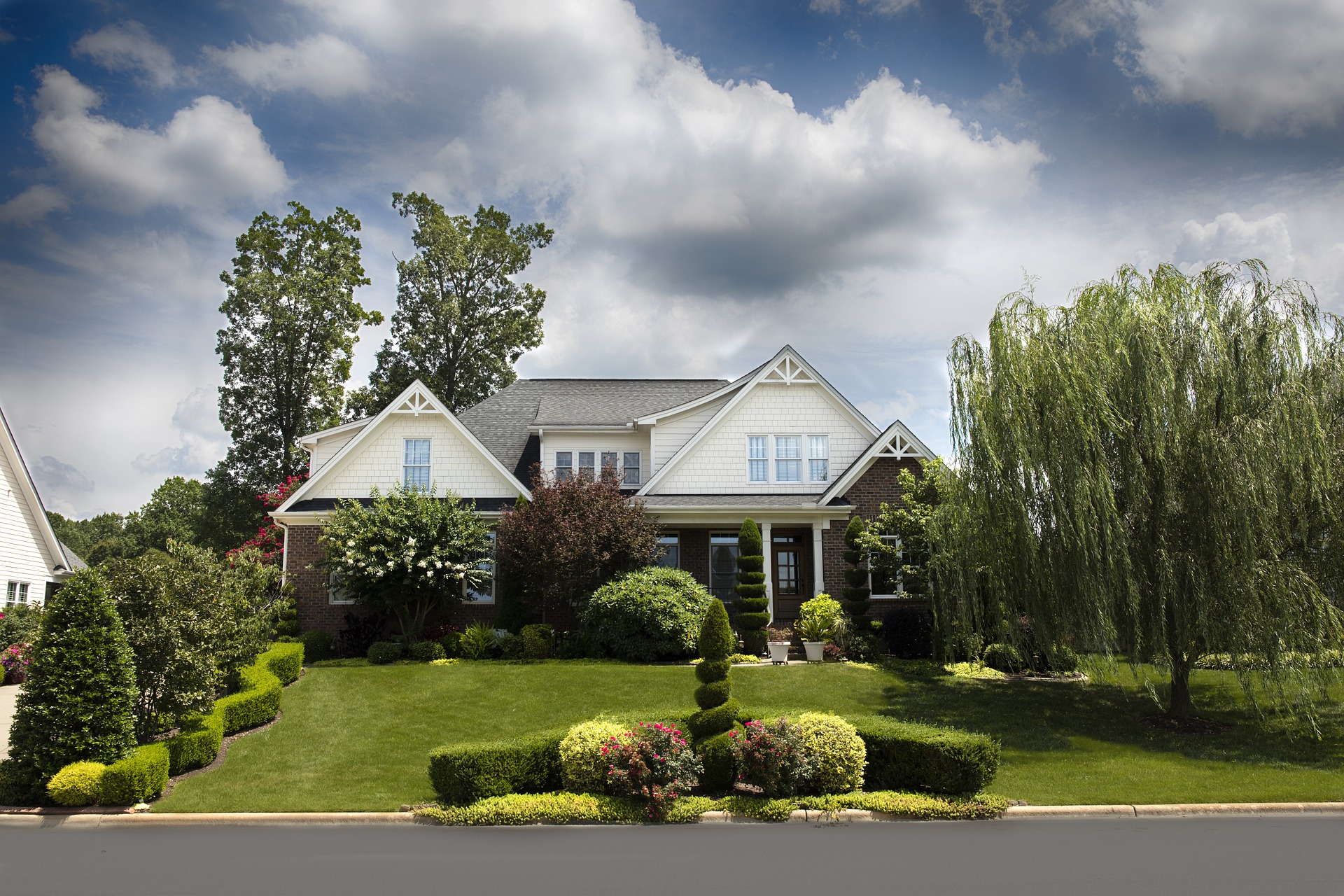Why So Many Home Owners Switch To Solar Right Now
Installing solar panels at home can lower electricity bills and reduce your environmental impact. With advances in technology and available incentives, solar is more accessible than ever. Learn how home solar systems work and what to consider before making the switch.
How Residential Solar Panel Systems Work
Residential solar panel systems convert sunlight into usable electricity for your home. The process begins with photovoltaic (PV) cells in the solar panels, which capture sunlight and create an electric field. This direct current (DC) electricity is then converted to alternating current (AC) by an inverter, making it compatible with your home’s electrical system. Excess energy can be stored in batteries or fed back into the grid, depending on your setup and local regulations.
Components of a Solar Panel System
A typical residential solar panel system consists of several key components:
- Solar panels: These are the most visible part of the system, usually mounted on the roof.
- Inverter: Converts DC electricity from the panels to AC electricity for home use.
- Mounting system: Secures the panels to your roof or ground-mounted structure.
- Electrical wiring: Connects the system components and your home’s electrical panel.
- Monitoring system: Tracks energy production and consumption.
Costs and Savings of Going Solar at Home
The initial cost of installing solar panels can be significant, but the long-term savings often outweigh the upfront investment. The average cost of a residential solar panel system in the UK ranges from £4,000 to £6,000 per kW installed, with most homes requiring a 3-4 kW system.
Factors affecting the cost include: - System size - Panel quality and efficiency - Installation complexity - Additional components (e.g., batteries for energy storage)
Potential savings from solar panels include: - Reduced electricity bills - Income from feed-in tariffs or export tariffs - Increased property value
Many homeowners find that their solar panel system pays for itself within 7-20 years, depending on factors such as energy consumption, system size, and local electricity rates.
Factors to Consider Before Installation
Before committing to solar panel installation, consider the following:
- Roof condition and orientation: Your roof should be in good condition and ideally face south for maximum sunlight exposure.
- Shading: Nearby trees or buildings can reduce solar panel efficiency.
- Energy consumption: Analyze your current and future energy needs to determine the appropriate system size.
- Local regulations: Check for any planning permissions or building regulations that may affect installation.
- Warranty and maintenance: Understand the warranty terms and ongoing maintenance requirements.
Here are some interesting facts and tips about solar panel installation in the UK:
- The UK receives about 960 hours of sunshine per year, making solar energy viable despite the often cloudy weather.
- Solar panels can still generate electricity on cloudy days, although at reduced efficiency.
- Most solar panel systems have a lifespan of 25-30 years.
- Regular cleaning and maintenance can help maintain optimal panel performance.
- Some energy suppliers offer specific tariffs for homes with solar panels, potentially increasing savings.
| Solar Panel Type | Efficiency Range | Average Cost per kW |
|---|---|---|
| Monocrystalline | 15-22% | £5,000 - £6,000 |
| Polycrystalline | 13-17% | £4,000 - £5,000 |
| Thin-film | 10-13% | £3,500 - £4,500 |
Choosing a Solar Panel Installer
Selecting a reputable installer is crucial for a successful solar panel project. Look for installers certified by the Microgeneration Certification Scheme (MCS) and consider getting multiple quotes to compare prices and services. Ask for references and check reviews from previous customers to ensure you’re working with a reliable company.
The Installation Process
Once you’ve decided to proceed with solar panel installation, the process typically involves:
- Site assessment: An installer visits your home to evaluate suitability and design the system.
- Obtaining necessary permits and approvals.
- Ordering equipment and scheduling installation.
- Installation day: This usually takes 1-3 days, depending on system size and complexity.
- Final inspection and connection to the grid.
- System activation and monitoring setup.
Installing solar panels is a significant decision that requires careful consideration of various factors. While the initial investment may seem substantial, the long-term benefits of reduced energy costs and environmental impact make it an attractive option for many homeowners. By understanding how solar panel systems work, evaluating costs and savings, and considering important factors before installation, you can make an informed decision about whether solar energy is right for your home.
Sources: 1. Energy Saving Trust - https://energysavingtrust.org.uk/advice/solar-panels/ 2. Which? - https://www.which.co.uk/reviews/solar-panels/article/solar-panels/how-to-buy-solar-panels-aChYY7z9Z7Rv 3. Microgeneration Certification Scheme - https://mcscertified.com/
The shared information of this article is up-to-date as of the publishing date. For more up-to-date information, please conduct your own research.





